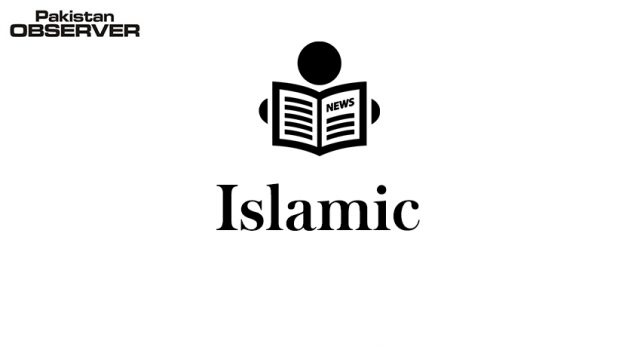Dhaka
Islamic finance in Bangladesh has potential to grow more, riding on strong bottom-up public demand for Islamic products coupled with continuous policy support from the government, says global credit rating agency Fitch in a new report.
Authorities have approved a number of conventional banks to convert into Islamic ones in the last few years, stimulating the sector’s expansion.
Conversions may have been fuelled partly by laxer prudential requirements. Other factors, such as customer demand for Sharia-compliant services, have also played a role to grow more, according to the report published on Wednesday.
Earlier, another global rating agency Moody’s Investors Service said Islamic banks in Bangladesh have higher asset risks than conventional private banks during economic downturns because they have rapidly increased corporate exposures that are untested through economic cycles.
At the same time, Islamic banks have weaker loss buffers than conventional peers to withstand a worsening in asset quality, and have weaker capitalisation because of higher financing growth and structurally weaker profitability, the Moody’s report added.
“Long-standing constraints have posed challenges to Bangladesh’s Islamic finance sector due to a lack of comprehensive regulations, weak enforcement in general and a dearth of Islamic liquidity-management and investment products.”
Besides, inadequate use of fintech solutions by stakeholders, low skilled human capital, limited incentives for Sukuk issuers and a lack of standardisation in the country’s Islamic finance sector, may disrupt the growth.
“However, Islamic banks, by total assets, constitute over 95% of the country’s Islamic finance industry, which we estimate reached over $48.1 billion in the second quarter of 2021.
Within Bangladesh’s banking sector, Islamic banks accounted for around 27% of deposits, 28% of loans and advances, and 38% of remittance handling,” the report said.
itch expected that growth in Islamic banking in Bangladesh as a Muslim country should be supported by the opening of more Islamic windows and branches among conventional banks and raising public awareness about Shariah-compliant financial products.
Apart from these, strong economic growth prospects would help to drive robust increases in Islamic banking assets over the medium term. Demographic factors are also showing potential for this growth, the Fitch report added.
Nonetheless, the country’s overall banking-sector loan growth will face constraints in the near term associated with high non-performing loan levels and thin capitalisation. —The Business Standard










